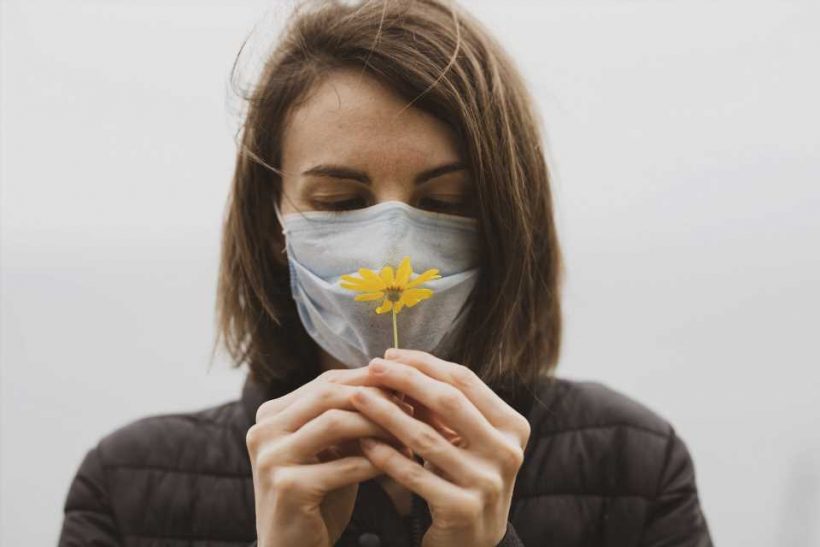
A team of researchers from Columbia University Irving Medical Center, the University of Pennsylvania, the National Institute of Alcohol Abuse and Alcoholism and the New York State Psychiatric Institute has found that a person’s loss of taste or smell due to a COVID-19 infection may be linked to the intensity of their immune response.
In their paper published on the open-access site PLOS ONE, the group describes studying antibody levels in hundreds of patients who had COVID-19 infections to learn more about why some patients lost their sense of smell or taste.
Shortly after the pandemic began, reports suggested that some people infected with COVID-19 lost their sense of taste or smell. Initially, medical workers were not surprised by such reports because many viral infections lead to some loss of smell and taste. Prior research has shown this is because such infections often lead to inflammation in the nasal cavities.
But as the pandemic deepened, it became clear that the loss of taste or smell with COVID-19 infections was different—for some people, it was complete and long-lasting—in some cases, it lasted so long they feared they would never get their senses back. The passage of time has shown that such fears were unwarranted, as the senses eventually returned. But scientists were still left to determine what had caused the loss of senses in some patients and not in others.
They studied antibody levels in people infected during the early days of the pandemic—in all, they studied blood samples of 306 people who had donated blood for study after recovering from a COVID-19 infection. In comparing the antibody levels with other data provided by the donors and their doctors, the researchers determined that those people who had higher antibody levels tended to be the same people who had reported losing their sense of smell or taste. They found that such patients were twice as likely to lose one or the other sense as those who did not have higher-than-average levels of antibodies in their blood.
More information:
Jonathan B. Overdevest et al, Chemosensory deficits are best predictor of serologic response among individuals infected with SARS-CoV-2, PLOS ONE (2022). DOI: 10.1371/journal.pone.0274611
Journal information:
PLoS ONE
Source: Read Full Article
